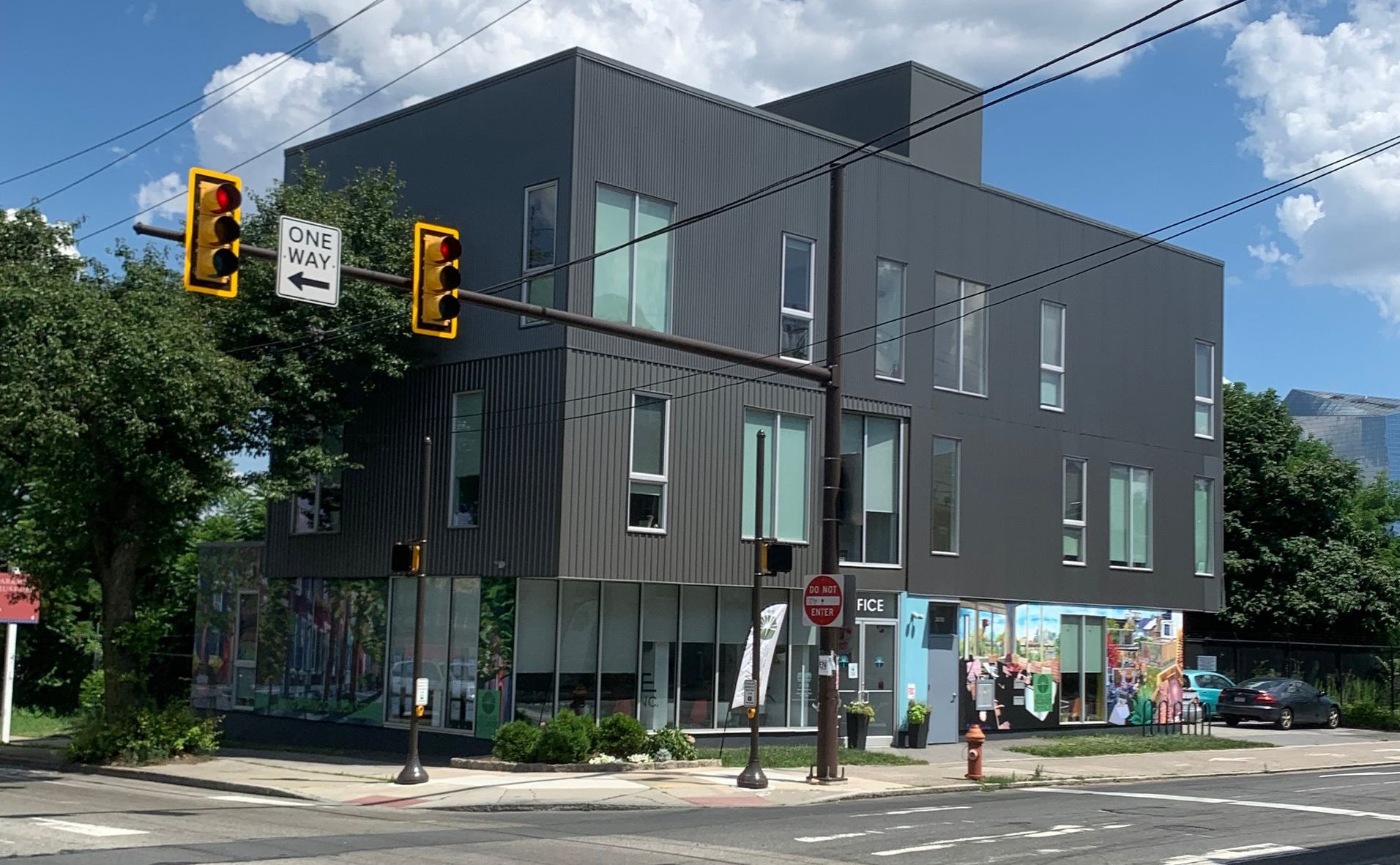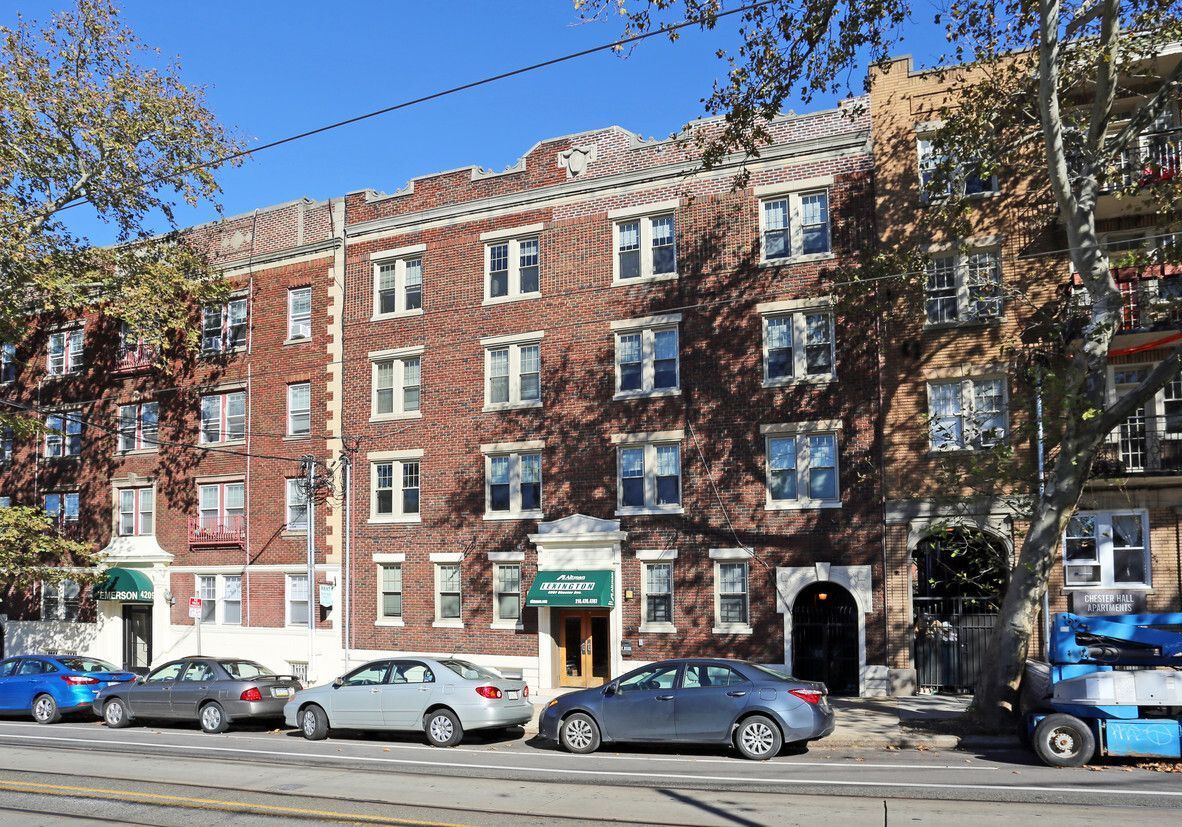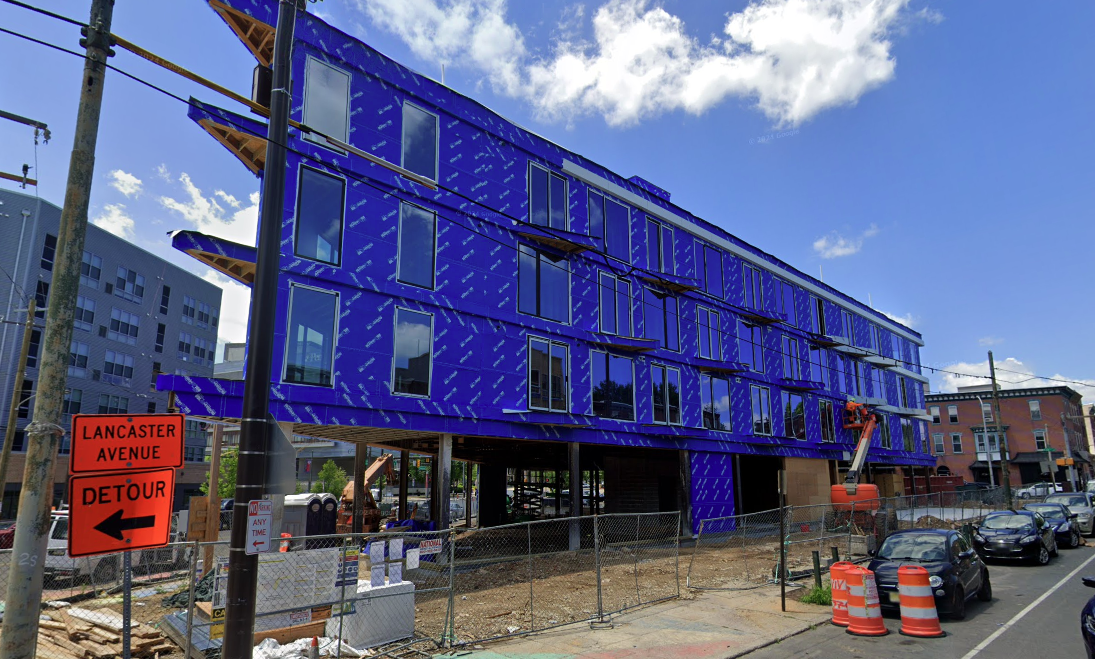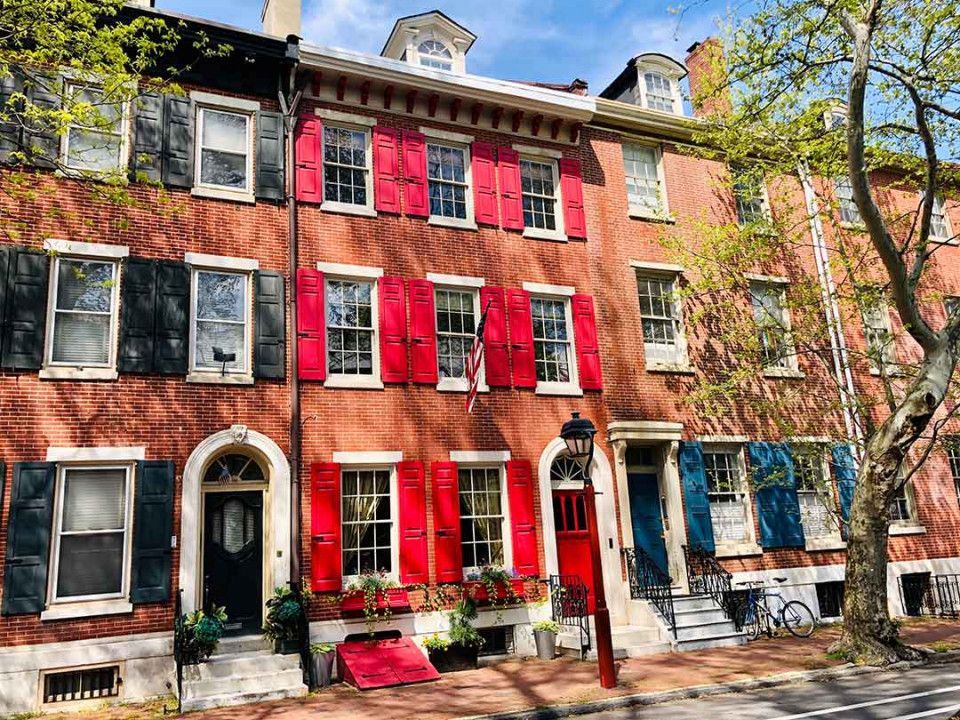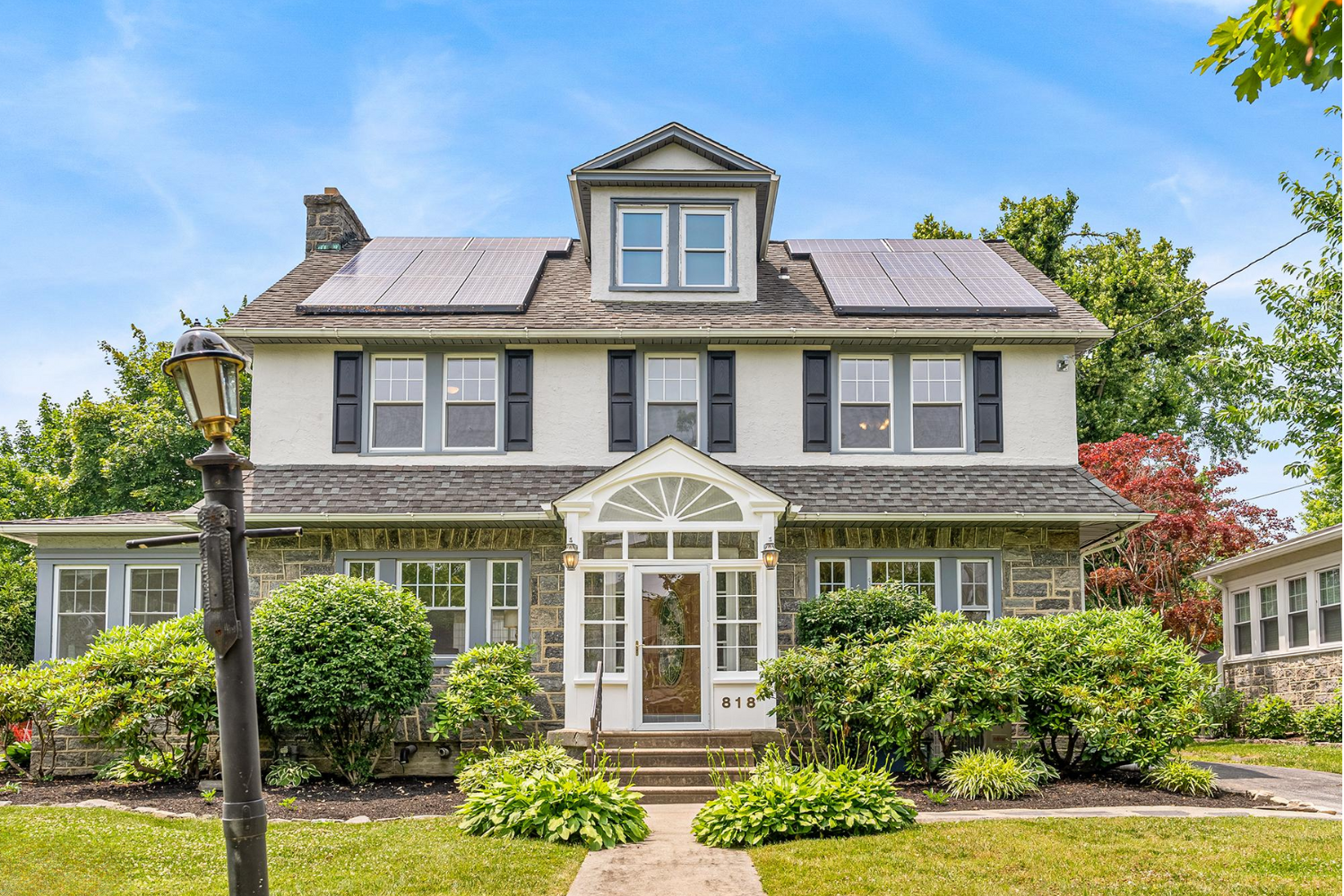Property taxes in Philadelphia are a significant financial consideration for homeowners, landlords, and investors alike. The city's tax system bases property taxes on the assessment of a property's value, which is determined annually by the Office of Property Assessment (OPA). However, if you believe your property’s assessment is too high and doesn’t reflect its true market value, you have the right to appeal the decision.
Appealing your property tax assessment can potentially reduce your annual tax burden, but the process can be complex. In this post, we’ll walk you through the steps of how to appeal your property taxes in Philadelphia, explain the timeline, and offer tips on gathering the necessary evidence.
Why Appeal Your Property Taxes?
Before diving into the steps, let’s quickly outline why you might want to appeal your property taxes in the first place.
Property taxes are based on the OPA's assessment of your property value. If that assessment is inaccurate—say it’s based on outdated data, overlooks significant repair needs, or doesn’t reflect changes in your neighborhood—you could be paying more in taxes than you should. Appealing allows you to challenge that valuation and potentially lower your annual tax bill.
Step 1: Review Your Current Property Assessment
Your first step is to review the current assessed value of your property. You should have received this information from the OPA, either as part of your annual real estate tax bill or through their online portal.
How to Find Your Property's Assessed Value
You can visit the
OPA website and look up your property’s current assessed value using your address or BRT number. The assessed value will include both the land value and the building value.
Once you have your property’s assessment, compare it to recent sales prices of comparable properties in your neighborhood. If your property is assessed significantly higher than similar properties or does not account for issues like needed repairs, you may have grounds for an appeal.
Key Questions to Ask
- Is the assessed value in line with similar properties?
- Does the assessment account for the condition of my property?
- Has there been any major neighborhood change (like new construction or development) that could affect values?
Step 2: Gather Evidence to Support Your Appeal
The success of your appeal largely depends on the quality of the evidence you present. To argue that your property’s assessment is too high, you’ll need to provide documentation showing why it should be lower.
Types of Evidence to Collect
- Recent Sales Data:
Gather data on comparable properties (or "comps") in your neighborhood that have recently sold for less than your assessed value. You can find sales data through real estate websites like Zillow, Redfin, or by consulting a local real estate agent. Look for properties with similar square footage, age, condition, and location.
- Property Condition: If your property has structural issues or is in need of major repairs, this can lower its market value. Take detailed photos of any significant damage, such as a leaking roof, cracked foundation, or other problems that affect livability. You may also want to get estimates from contractors for the cost of these repairs to strengthen your case.
- Neighborhood Factors: If your neighborhood has experienced changes that negatively impact property values—such as increased crime rates, nearby construction projects, or other environmental factors—document these issues. Newspaper articles, police reports, or statements from neighbors can all help substantiate your claims.
- Professional Appraisal: Though not required, hiring a professional appraiser to conduct an independent assessment of your property can provide solid evidence in your favor. An appraiser will give you a detailed report on your property’s market value, taking into account its condition, location, and current market trends.
Step 3: File a First-Level Review (FLR) with the OPA
The first step in the formal appeal process is to request a First-Level Review (FLR) with the OPA. This is a relatively informal process where you submit your evidence and reasoning for why your property assessment should be lowered.
How to File a First-Level Review
- You can submit your FLR request online through the OPA’s website or by mail.
- The deadline for filing a First-Level Review is typically in early May of the assessment year. Be sure to check the specific deadline for the current year.
In your FLR request, you'll need to include:
- Basic property information (address, BRT number).
- A written explanation of why you believe your property is overvalued.
- Supporting evidence (e.g., photos, sales data, appraisals).
Once you submit the FLR, the OPA will review your evidence and issue a decision. If they agree with your assessment, they may reduce your property’s valuation, which in turn can lower your tax bill. The OPA typically notifies you of their decision by the fall.
Outcomes of the FLR
- Approved: Your property assessment is lowered, and you will receive a new tax bill.
- Rejected: If the OPA does not change your assessment, you can escalate the appeal.
Step 4: File an Appeal with the Board of Revision of Taxes (BRT)
If you're not satisfied with the outcome of your First-Level Review, your next step is to file a formal appeal with the Board of Revision of Taxes (BRT). This process is more structured and may involve a formal hearing.
How to File a BRT Appeal
- You can file a BRT appeal either online or by downloading the appeal form from the BRT website and mailing it in.
- The deadline for filing a BRT appeal is usually October 1 of the tax year. Missing this deadline means you'll have to wait until the following year to appeal again.
In your BRT appeal, include the same types of evidence as in the FLR but consider providing even more detailed documentation, as this will be a more rigorous review process.
What Happens at the BRT Hearing?
Once your appeal is submitted, the BRT will schedule a hearing, where you’ll have the opportunity to present your case. You can appear in person or send a representative, such as a lawyer or real estate agent.
During the hearing, both you and the city will present evidence. After reviewing the information, the BRT will issue a ruling, either upholding or adjusting your property assessment.
After the Hearing
If the BRT rules in your favor, they will lower your property’s assessment, and you’ll see a reduction in your property tax bill. If they rule against you, your assessment and tax bill will remain the same.
Step 5: Consider Professional Help
While you can handle the appeal process on your own, you may want to consider
hiring professional help—especially if you're dealing with a high-value property or complex circumstances.
Who Can Help?
- Real Estate Agents: Experienced agents can help you gather comparable sales data and guide you through the appeal process.
- Attorneys: A lawyer with experience in property tax appeals can represent you at the BRT hearing and ensure your rights are protected.
- Appraisers: As mentioned earlier, an independent appraisal can provide credible, unbiased evidence of your property’s true market value.
Final Thoughts
Appealing your Philadelphia property taxes can be a time-consuming process, but it can also result in significant savings if successful. By carefully reviewing your property’s assessment, gathering strong evidence, and following the appeal process outlined above, you can potentially lower your property’s valuation and reduce your tax burden.
Remember to be mindful of the deadlines for filing your FLR and BRT appeals, and consider seeking professional assistance if needed. Taking these steps can help ensure that you’re paying only your fair share in property taxes, and not a penny more.


